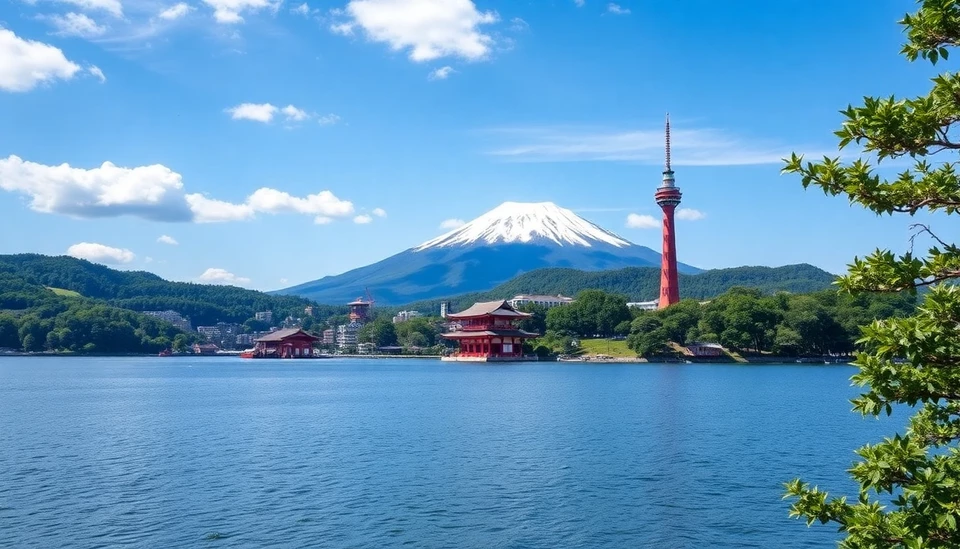
In a recent briefing, a coalition of climate experts and environmental advocates have strongly urged Japan to set more ambitious greenhouse gas emission reduction targets. These recommendations come in the wake of mounting international pressure for countries to ramp up their climate action commitments ahead of critical global meetings and as part of a broader effort to address the escalating climate crisis.
At a symposium held in Tokyo, prominent figures from the scientific community highlighted Japan's past performance in emission reductions, which, they argue, has been insufficient in light of the severe climate disruptions that the planet is currently enduring. Despite Japan previously committing to a target of achieving carbon neutrality by 2050, many experts believe that the current plans do not align with the strategies needed to meet the climate goals set forth in international accords, such as the Paris Agreement.
The criticism targets Japan's reliance on fossil fuels and the slow transition to renewable energy sources. Experts pointed out that Japan's historical dependency on coal and natural gas has hampered significant progress towards substantial emission cuts. This reliance was particularly illustrated in the government's recent energy policies that continue to support fossil fuel projects over renewable initiatives.
Presenting data from various studies, the environmental scientists emphasized that Japan could feasibly cut emissions more aggressively—arguing that a reduction target of at least 46% below 2013 levels by 2030 is necessary to put the country on a sustainable path. This contrasts with the government’s current goal, which many perceive as insufficiently ambitious.
Experts urged the government to commit to specific measures, such as investing in clean energy technologies, enhancing energy efficiency, and fostering societal shifts towards sustainable practices. They collectively called for a transparent plan to phase out coal power entirely and for more robust incentives for renewable energy adoption, which could stimulate job growth in the green sector.
Furthermore, calls were made for greater collaboration between the government and private sectors to innovate in climate solutions. Among the recommendations were enhanced research funding for sustainable technologies and setting up partnerships with local and international organizations that focus on climate action.
As Japan prepares for its next international climate summit, the pressure from experts and activists alike is likely to grow, with many advocating for a more aggressive approach to emissions cut. The hope is that the rising tide of climate urgency will prompt the Japanese government to reconsider its current stance and respond more dynamically to the challenges posed by global warming.
With a deadline looming for nations to produce their updated climate commitments, it's clear that Japan's response will be closely monitored not only by its citizens but also by the global community who are eagerly looking for leadership in the fight against climate change.
In summary, Japan faces the challenge of aligning its climate ambitions with the dire needs of the environment. To act effectively, it must cultivate a strategy that transcends mere commitments and translates into tangible actions.
#JapanClimateAction #EmissionReduction #ClimateCrisis #RenewableEnergy #SustainableFuture #ParisAgreement
Author: Peter Collins




